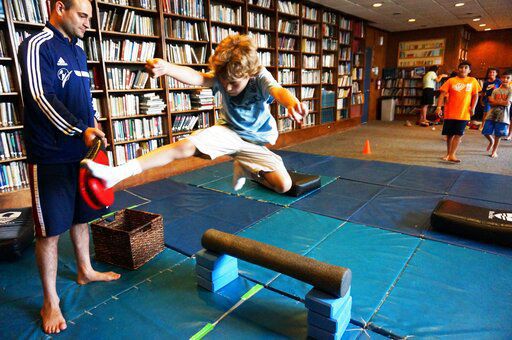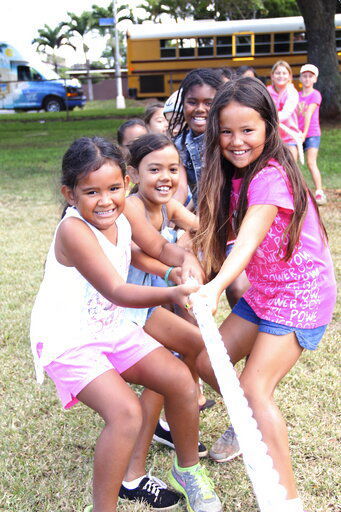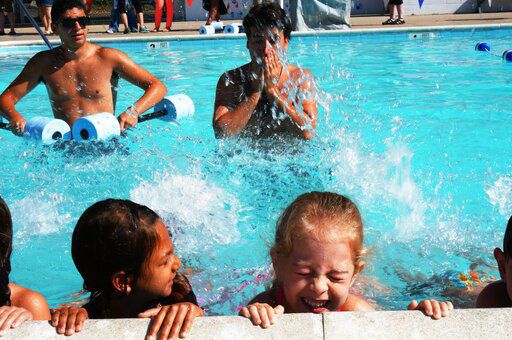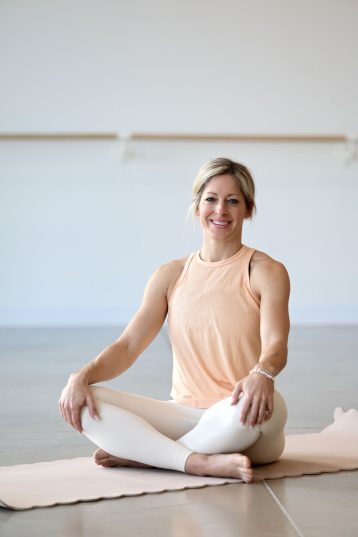Kids spend hours having fun at day camp, their summer schedules brimming with swimming, boating and aiming for that bull’s-eye. Through all the laughs and memory-making, though, they’re also getting something else: a boost to their social development.
“Because there is so much social interaction, you see an acceleration of kids’ friendship skills, conflict resolution skills, empathy and other social skills,” says Christopher Thurber , a clinical psychologist and longtime camp employee and leadership adviser.
“Day camp is great because your child becomes their best self there,” he says.
With thousands of day camps in the United States ready to welcome your child, how do you find the right one?
Think about your own child, and don’t necessarily choose the camp where everyone else is sending their kids, says Jill Tipograph, the founder/director of EverythingSummer.com, a New York-based independent educational consultancy that helps families find summer programs for children K-12.
“You need to really think about who your child is, and what you would like them to gain out of a day camp experience,” she says.
“Finding the right camp for your child, no matter what age they are and what type it is, is all about fit,” Tipograph says. “Your child has to be some place where you think they’re going to flourish and where you feel they’re safe.”
Some factors to consider and steps to take before choosing a camp:
TRADITIONAL VS. SPECIALTY
Talk to your children about what activities or skills interest them. While traditional day camps offer a range of activities like arts and crafts, sports and swimming, specialty camps let kids immerse themselves in one activity, like baking or soccer or surfing or painting or woodworking.
Tipograph recommends younger children start with traditional camp for a few years, and then perhaps try a specialty camp in middle school if they are developing an interest.
Because day camps are often offered in one-week sessions, it’s easy to mix and match programs to offer a variety of summer experiences, Thurber notes.
“One week of specialization in anything, even for a 5-year-old, is not overdoing it,” says Thurber, who cautions against an entire summer at one specialty camp.
CAMP LEADERSHIP
Talking with the camp director is key to assessing the quality of the program.
“It is essential that parents ask the director, ‘How long have you been the director? Who was director before you? How long were they the director? Where does your staff come from? How do you hire them? How do you train them and what’s the average tenure of your staff?'” Thurber says. “The shorter those numbers are, the less likely it’s a high-quality program.”
Parents and prospective campers should meet the director if possible, Tipograph advises.
“The camp director plays a pivotal role,” she says. “Are they seen? Are they more in the background? If you don’t relate to the camp director, then you’re typically not going to necessarily relate to the staff because their personality, disposition, their beliefs, their philosophy usually trickle down into the kind of staff that they hire.”
Both experts recommend checking to see if camps are accredited by the American Camp Association . The association has accredited approximately 1,300 day camps in all 50 states; it estimates there are 5,600 day camps throughout the country. There are many camps without accreditation that are high-quality, Thurber says, but parents need to do more research.
THE NITTY GRITTY
Tipograph says parents should consider: How long is the camp day, how structured is the day, how far is the camp from home and what are the transportation options? Is the camp sunny, wooded or hilly? Is there care before and after the regular camp day if needed, how does the camp handle rest time and meals, and does it fit your budget?
What’s the range of activities, what kind of indoor and outdoor facilities are there, and how are rainy days handled? Specialty camps don’t necessarily group kids by age, Tipograph says, so think about what it would be like if your child was the oldest or youngest.
START EARLY
During the off-season, many camps have open houses or events where you can get a sense of the place and meet the staff. If not, now is the time to research camps and enroll before sessions fill up.
You can find camps by ZIP code by searching the American Camp Association’s database or MySummerCamps.com . Camps are also run by churches and synagogues, scouting groups, municipalities and organizations like the YMCA and Boys & Girls Club. And of course there’s word of mouth. “It’s wonderful if a program is vetted by a grown-up or set of parents you trust,” Thurber says.
———
Lisa A. Flam is a news and lifestyles reporter in New York. Follow her on Twitter and Facebook .














